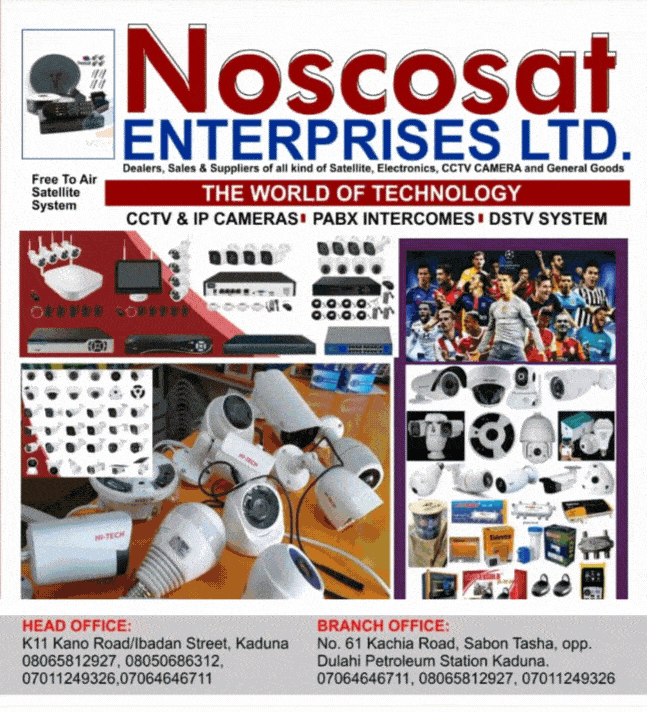By; Dr. GABRIEL NYITSE & JEMIMAH SHUNA DOGO
Nigeria is a classic example of a developing country. Though blessed with natural resources, the economic state of the nation is unsteady with a constant hike in prices of goods and services.
In a staggering economy where information overload and sensationalism thrives, the profession of journalism is faced with a daunting task of upholding ethical conducts.
The obligation to accurately inform, engage, and empower the public in fairness and objectivity is at the core of journalism.
Popularly referred to as the fourth estate of the realm, a Journalist is next to a judge as it is a profession that upholds the pillar of democracy, ensuring social justice. The Nigerian media environment is constantly changing, from media owners to the practitioners, they are faced with challenges that mitigate against its principles and ethics.
What then are the journalistic ethics? The foundation of upholding the profession is knowing the right thing to do based on an individual’s moral standing. It is therefore a deliberate and conscious effort to do that which is not controlled by law but what is universally acceptable to care for every aspect of the human behaviour.
The pursuit of truth is the underpinning of journalistic ethics enveloping the dedication to discovering and communicating the truth as it is.
Journalists serve as the public’s eyes and ears by conducting in-depth research, verifying information, and disseminating true and correct information. To provide a fair and objective account of events, they work hard to maintain objectivity and to keep their own prejudices apart from their reporting.
Another core concept of ethical journalism is to maintain independence from outside influences, whether they be political, commercial, or personal.
Journalists must withstand unwarranted pressure and influence that could jeopardize their ethics. In addition, they are responsible for their activities and are required to make any mistakes right away in a transparent manner. When Journalist stay away from influences, they are able to serve the interest of the public in all fairness by carrying out their core duties through bridging gaps between the government and the citizens, exposing wrong doings and holding those in authority accountable.
However, there are ethical challenges that must be understood.
From the media laws to the regulatory bodies set up by the government, the profession is at every angle burdened with ways to navigate its way through without a stain of unethical conducts. However, the concern is tagged on the duration of time a journalist will keep on navigating.
The exorbitant amount needed to obtain a license is such that any media owner will want to do what it takes to break even and make profit in the industry.
This now brings up concerns about doing what is right. Will a media owner desire to tilt towards a certain influence (either of a political party or present government) in order to stay afloat in a country where power and the economy is unstable?
The truth remains that as much as it is a watch dog, it also needs to survive.
From the angle of a journalist, working in a media outfit where the wages are meager in view of the current hike in fuel price due to subsidy removal will only foster more collection of brown envelops. Hence, there will be no fairness and objectivity in reportage.
It is sad that for any media organization to thrive, it must be influenced by either a political party or a government. Furthermore, in order for a journalist to survive in a harsh economy, the adverts they bring in are often times negotiated where they tend to hike the price for a higher percentage. This is also seen with advertising agencies.
According to a source, most advertising agencies do not negotiate the actual price they give to clients with media houses as most times, there is a cut down in their favour. Hence, little money is received by the media leaving them to struggle for ways to stay buoyant.
Another critical issue is the jettisoning of philosophy upheld by media houses in order to generate revenue. A media organization against the advert of herbal medicine that cures about 10 illnesses based on its philosophy is likely to air the advert because the manufacturer of the herbal medicine is ready to pay for a good amount of airtime. I then ask, where and when do ethics come to play?
However, this in no way justifies the unethical conducts carried out by members of the profession and besides all of these, media organizations give in to sensationalism in the quest for bigger ratings and more money, disregarding accuracy and objectivity.
As journalists work to strike a balance between the demand for attention-grabbing tales and responsible reporting that prioritizes the truth and the public interest, the commercial constraints of the industry presents ethical issues.
While these ethical issues linger on, the National Union of Journalist as a body have failed to put aside politics in carrying out its administrative duties. In 2021, a large number of Journalists decided to form a new associated called Association of Nigerian Journalists (ANJ) due to grievances against the president – Chris Isiguzo, where members of the union felt anarchy had taken over and the president had become a sole administrator to which no one could speak up due to fear of indefinite suspension.
The union has also witnessed some watershed at state level as seen in Ogun State, where Comrade Victor Akinwale Olanrewaju emerged the Chairman in 2022 after two years of crisis.
The bickering among members of the NUJ over leadership in the states, has allowed politicians to capitalize on these schisms to fractionalize the union so as to pull in some journalist to their side to aid them propagate their agenda.
The advantages taken by these politicians causes a huge rift between the journalist and the ethics of the profession. The end result is that some members of the union align with civil societies and politicians for personal gains and to find ways in settling scores which in the long run affects the integrity of the union.
So, what next? It is important for the Nigerian government to accept the practice of democracy in its totality in order to provide the right environment for Journalist to thrive – a free and fair society where equity is premium and the fourth estate of the realm is given high regard.
There is also a need to review the laws and regulations surrounding the operations of the press and the media in a manner that will promote the ethics of the profession.
Still, the economy is at a melting point which is why there is an urgent need to strategize on how to bring stability to the Nigerian economy.
Furthermore, the study of ethics should be heavily emphasized in journalism training programmes and schools in order to give aspiring journalists the skills and information they need to successfully navigate ethical dilemmas.
Also, the industry’s dedication to journalistic integrity can be strengthened by encouraging a culture that boosts moral conduct and offering assistance to journalists who are faced with moral conundrums.
A free and informed society depends on journalistic ethics to survive. In order to shape public debate, promote transparency, and protect democracy, ethical journalism must be displayed at its peak to preserve truth, independence, and public interest.



